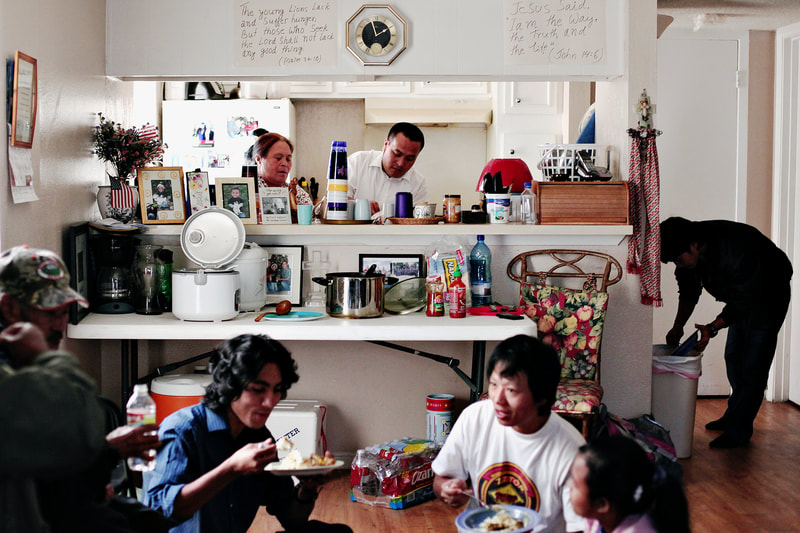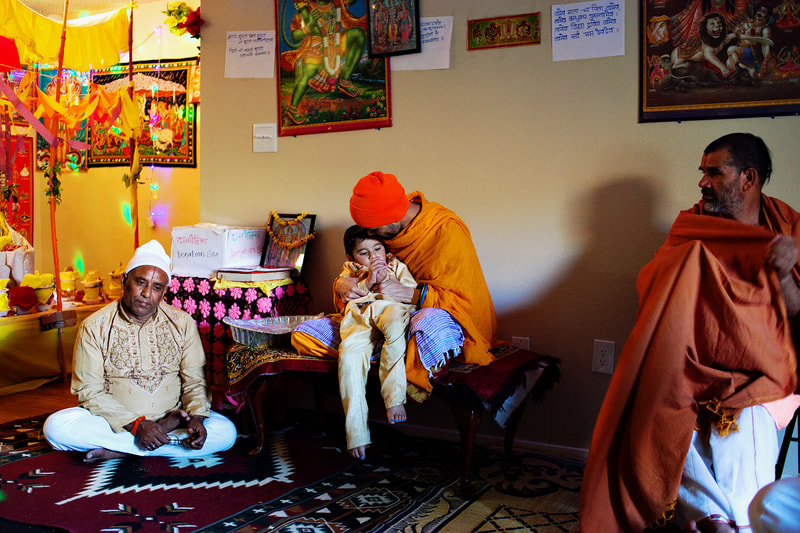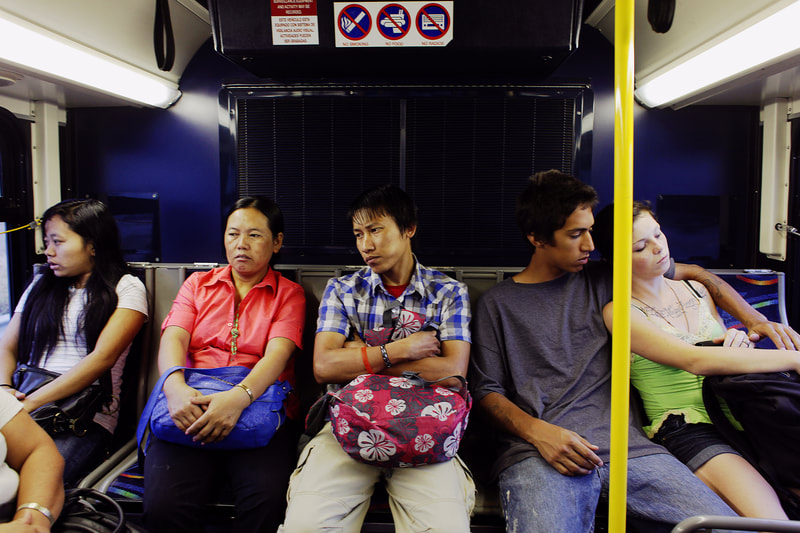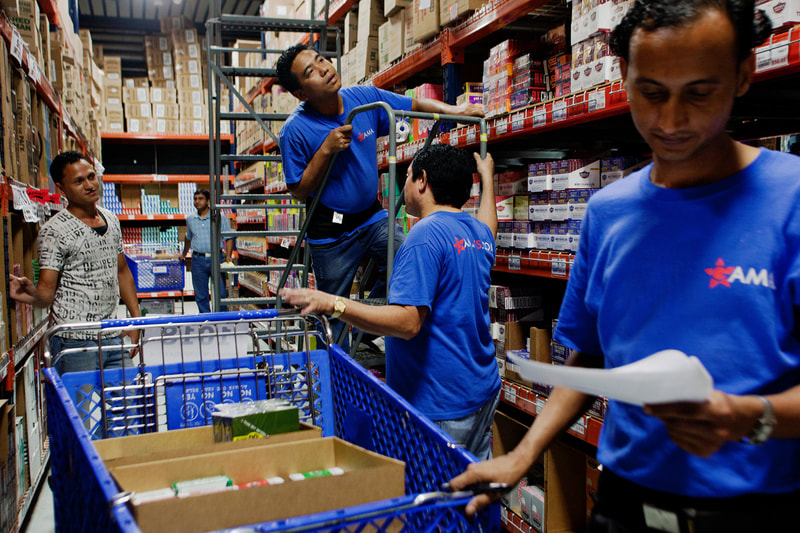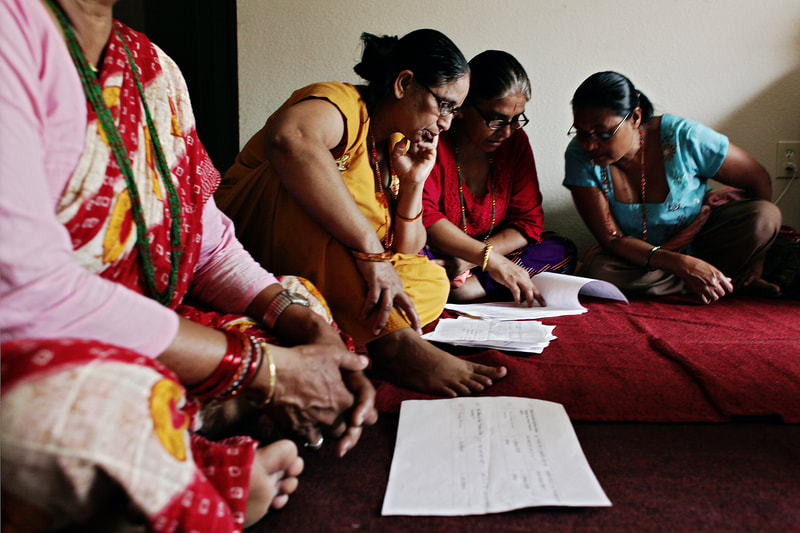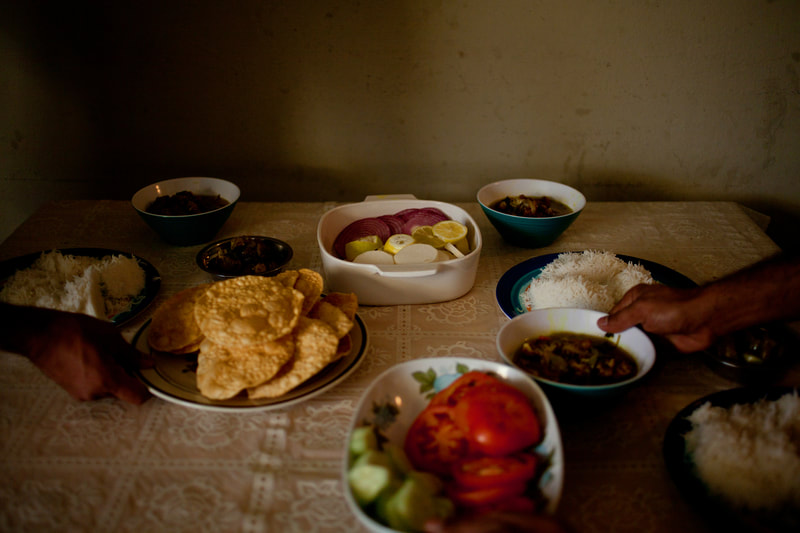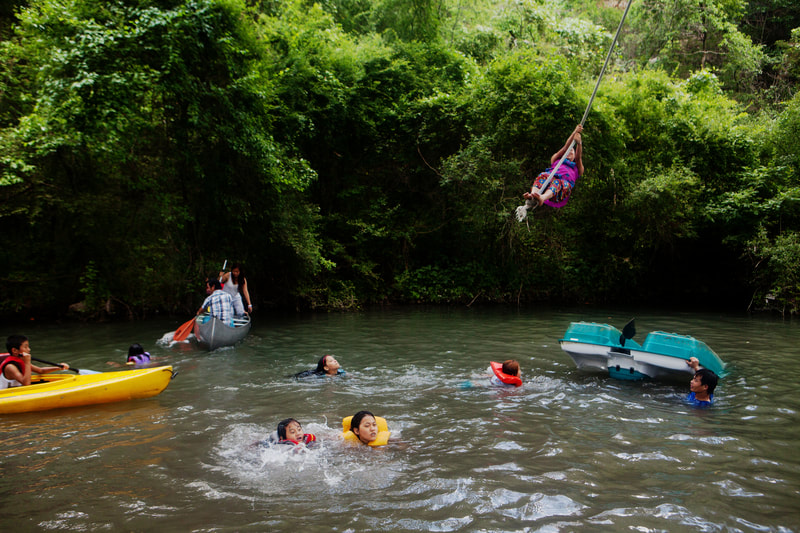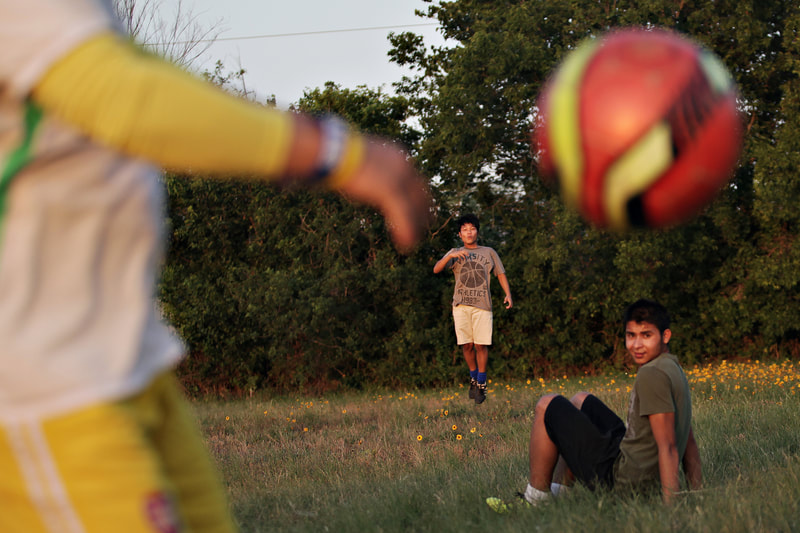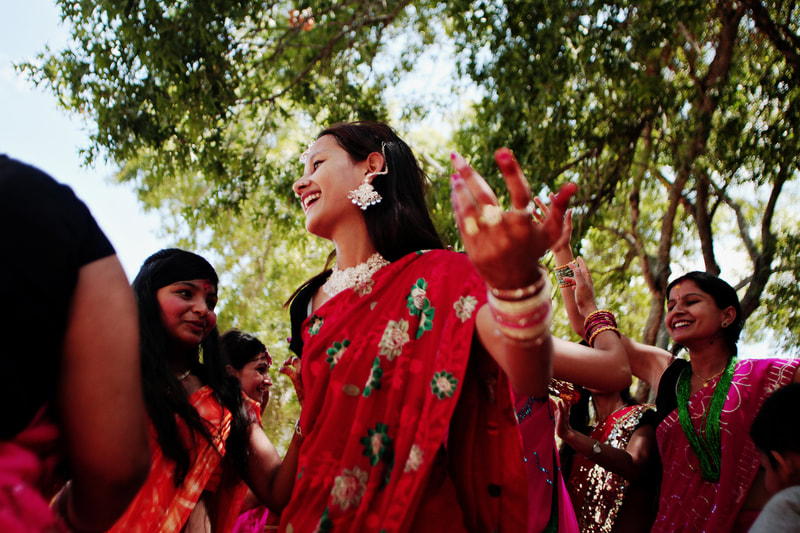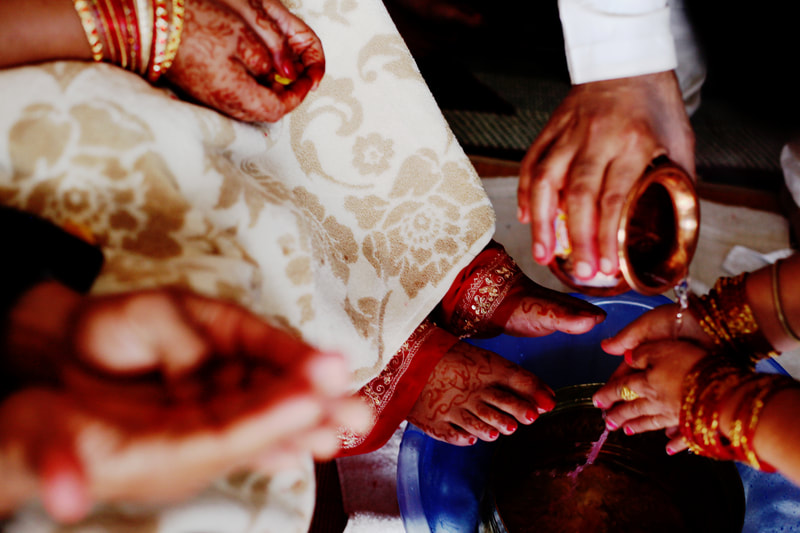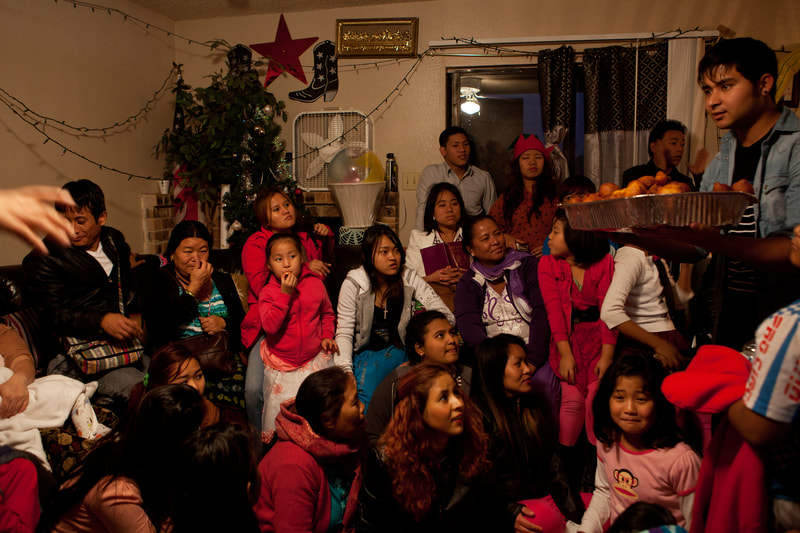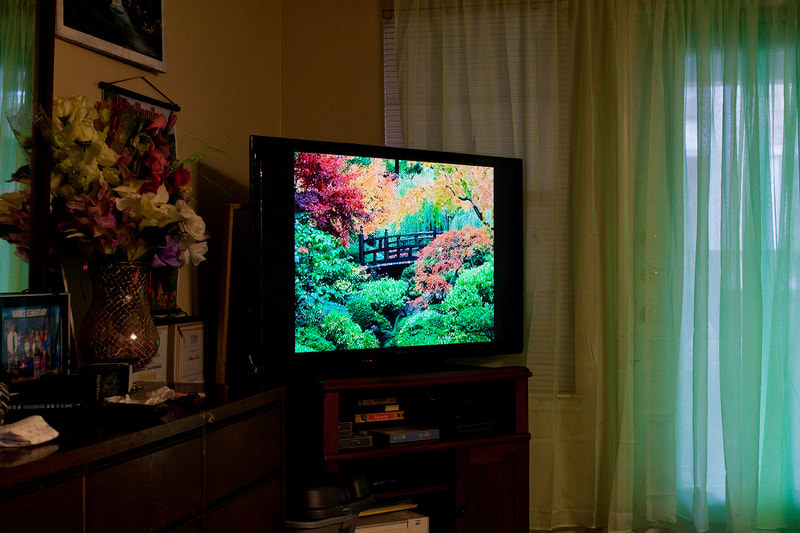|
|
About the PhotographerMary Inhea Kang is a South Korean American photographer driven by a desire to understand and document the identities we construct for ourselves, which affect how we build our world. Mary was born in Icheon, South Korea and later moved to Austin, Texas. Through her work, she explores the tensions and limits between individualism and collectivism. When approaching photos, Mary is inspired by her friend Shiyam Galyon’s quote, “I want to live in a world that feels moved by photos of non-white people at their best moments in life, rather than at their worst” while not ignoring the real issues that many marginalized communities face. She mentions this because dignity is often overlooked when it comes to the depiction of people of color in mainstream media. Appreciative of team works, Mary finds meaningfulness in collaborative efforts with the people she photographs. |
|
This is a photo story about Nepali-speaking Bhutanese families in Austin, Texas that began in 2010. These images document the lives within a multi-generational community whose members arrived in the city with refugee status and added Austin as another place they call home. While I am not Bhutanese or Nepali, as a South Korean American immigrant I was drawn to this community because we shared certain rites of passage that all non-white newcomers to the United States go through. When people arrive in the U.S. with refugee status, they are financially supported by the government for about six months. During this short period of time, they are pressured to find jobs and become self-sufficient by whatever means. This is a huge challenge to undertake while navigating new ways of living in a place with completely different norms and standards. Despite the struggles these families faced, I was drawn to their interdependence and reliance on community as a form of resilience while readjusting in their new land.
(click on an image to see it larger and view its caption)
The shared truth I felt while spending time with this community is that collective care can be very helpful and nourishing when it comes to readjustment and the evolution of identity. When my family first arrived in the U.S. as immigrants, the Korean American community in Austin was very encouraging when we lacked resources and needed emotional support from being homesick. It would have been a more difficult transition to the U.S. without being greeted by a community with shared experiences. Food also played a key role in connectedness to our roots. Partaking in traditional food practices moves beyond nourishing the community into sustaining it. The physical and mental wellbeing of individuals is rooted in the food we eat and the food that we eat is rooted in our cultural identity. From sharing food and resources with each other to celebrating traditional holidays together, the Bhutanese Nepali Americans actively practice retaining their root identity and embrace their history even while they are geographically far away from their motherland.
|
|
Delve deeper |

